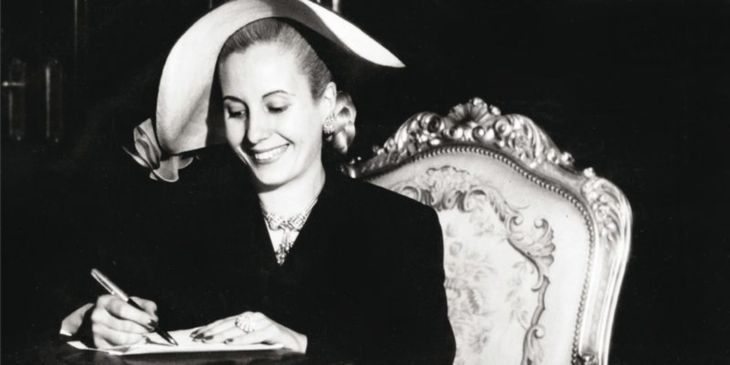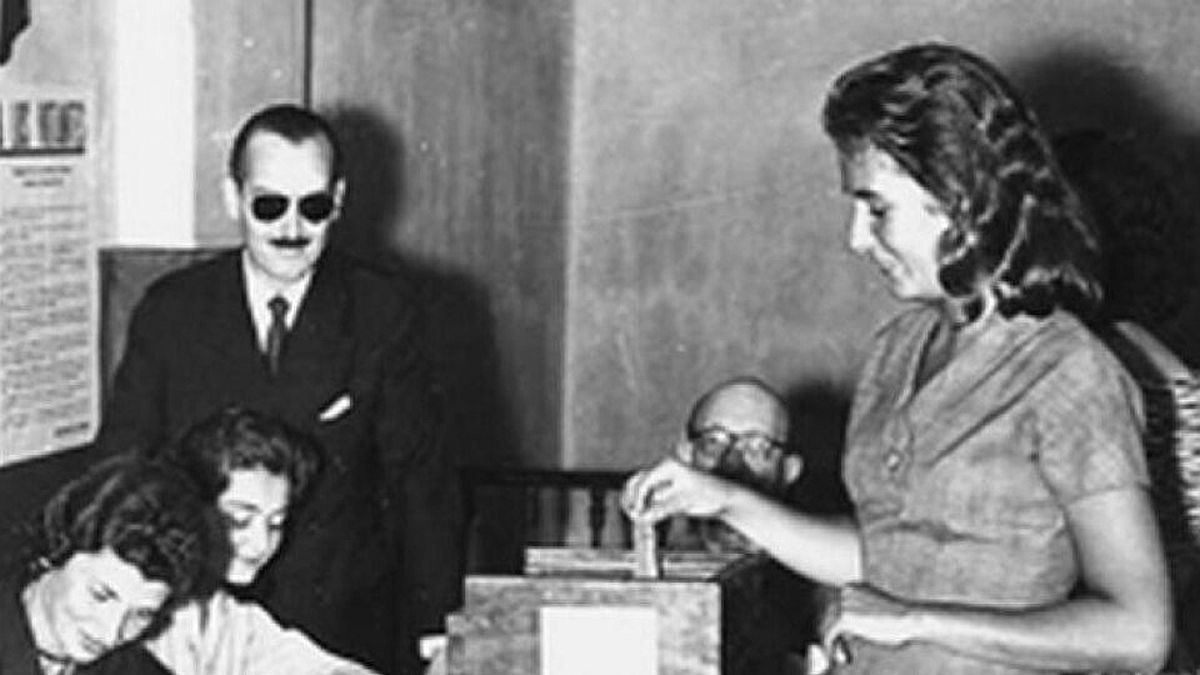As we commemorate this September 23, we not only celebrate historic achievements, but also reflect on the challenges we still face.
Each September 23, the Argentina celebrates the Women’s Political Rights Daya significant date that commemorates the historic sanction of the Law 13,010 in 1947, which granted women the right to vote. This milestone was not an isolated event, but the result of decades of struggle by brave suffragettes who, since the beginning of the 20th century, organized and raised their voices in favor of political equality.
The content you want to access is exclusive for subscribers.
These pioneers, facing resistance and discrimination, laid the foundations for what we now consider a fundamental right. Iconic figures such as Alicia Moreau, Julieta Lanteri and Eva Peron were key in this battle, managing to open paths towards the inclusion of women in the political life of the country and transforming the perception of their role in society.


However, this achievement represented only the first step in a long road that required the implementation of concrete policies to ensure the effective participation of women in politics. The Female Quota Law (Law 24,012), passed in 1991, established that at least 30% of candidates had to be women. Subsequently, the Gender Parity Law (Law 27,412), passed in 2017, went even further by requiring 50% female representation on electoral lists. These laws mark a step towards greater inclusion, but it is essential to remember that the mere presence of women in politics does not guarantee equal conditions.
Furthermore, the Gender Identity Law (law 26.743), passed in 2012, and the reforms to the National Electoral Code have allowed trans and non-binary people to change their name and gender on official documents, facilitating their access to voting and other civil rights. These measures have been a crucial step in the fight for equal rights for all gender identities in the country.
Eva Peron (1).jpg

From Grow – gender and workWe understand that gender parity laws do not always go hand in hand with profound cultural and social changes. Although the inclusion of women (and, to a lesser extent, trans and non-binary people) in electoral lists represents a significant advance, this participation makes visible other persistent inequalities in our society. Symbolic violence, manifested through stereotypes and messages that delegitimize women’s ability to exercise political leadership, continues to be an obstacle that limits their effective participation. These cultural barriers require a comprehensive and sustained approach to be dismantled.
The inclusion of political violence in regulations such as Law 26.485 on Comprehensive Protection to Prevent, Punish and Eradicate Violence against Women (2009) and the Micaela Law (Law 27.499), which requires training of all public officials in gender issues, are fundamental tools to make this problem visible. However, new challenges emerge as women gain space in the public arena. Social media has become fertile ground for harassment and smear campaigns against female politicians, who are victims of misogynistic attacks designed to discourage and silence them, reflecting resistance to their presence in politics.
In response to these challenges, at Grow – Gender and Work we have implemented dynamic and immersive exercises that promote reflective experiences. These trainings address symbolic and digital violence, creating spaces where participants can question and unlearn prejudices that affect their daily work. The participation of women in politics generates a multiplier effect in various areas, since their presence in leadership positions can contribute to the formulation of more inclusive policies and to addressing issues that affect communities in a more comprehensive manner.
As we commemorate this September 23, we not only celebrate historic achievements, but also reflect on the challenges we still face. The fight for women’s political rights continues, and it is essential to address the forms of violence that persist. At Grow – Gender and Work, we reaffirm our commitment to gender equality, honouring all those women who, with their efforts, laid the foundations for the political rights we enjoy today. Let us continue working collectively to build a more equitable future, where the participation of all voices in the political sphere is the norm, not the exception.
Head of Public Affairs at Grow-Gender and Work
Source: Ambito
David William is a talented author who has made a name for himself in the world of writing. He is a professional author who writes on a wide range of topics, from general interest to opinion news. David is currently working as a writer at 24 hours worlds where he brings his unique perspective and in-depth research to his articles, making them both informative and engaging.




